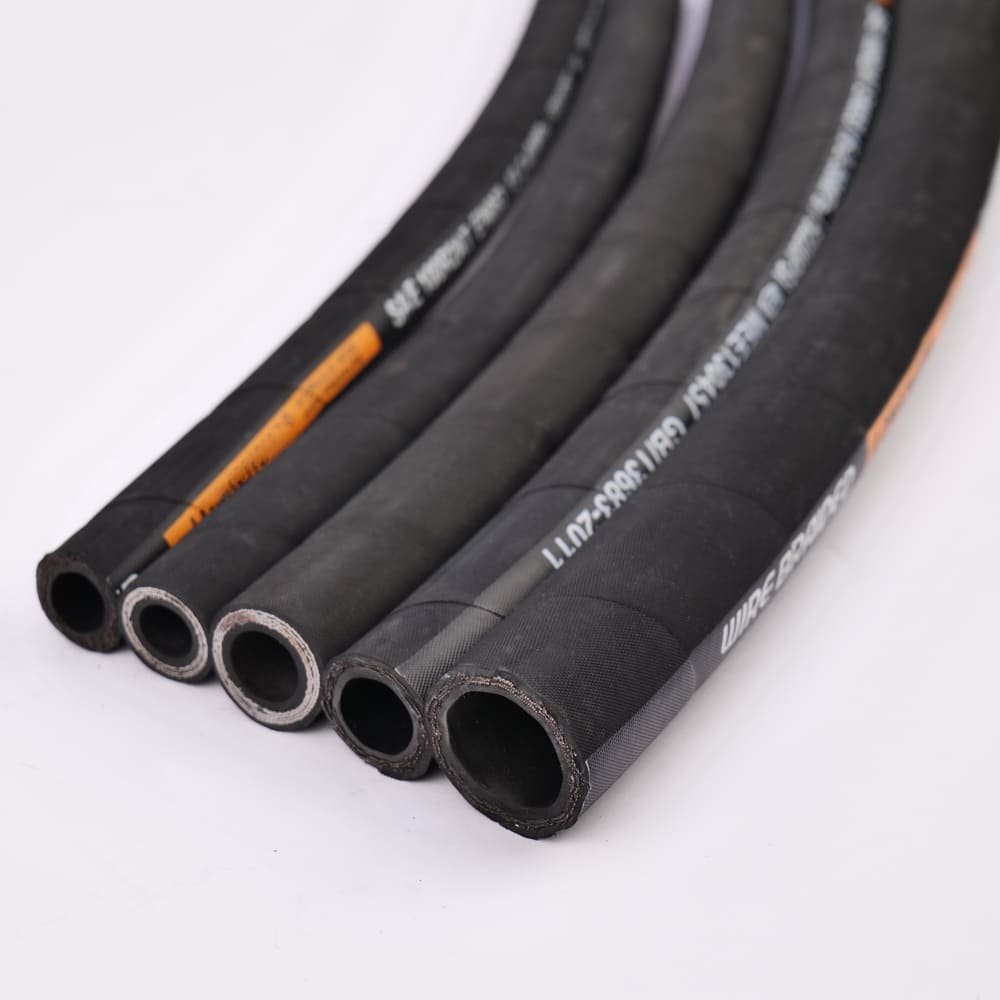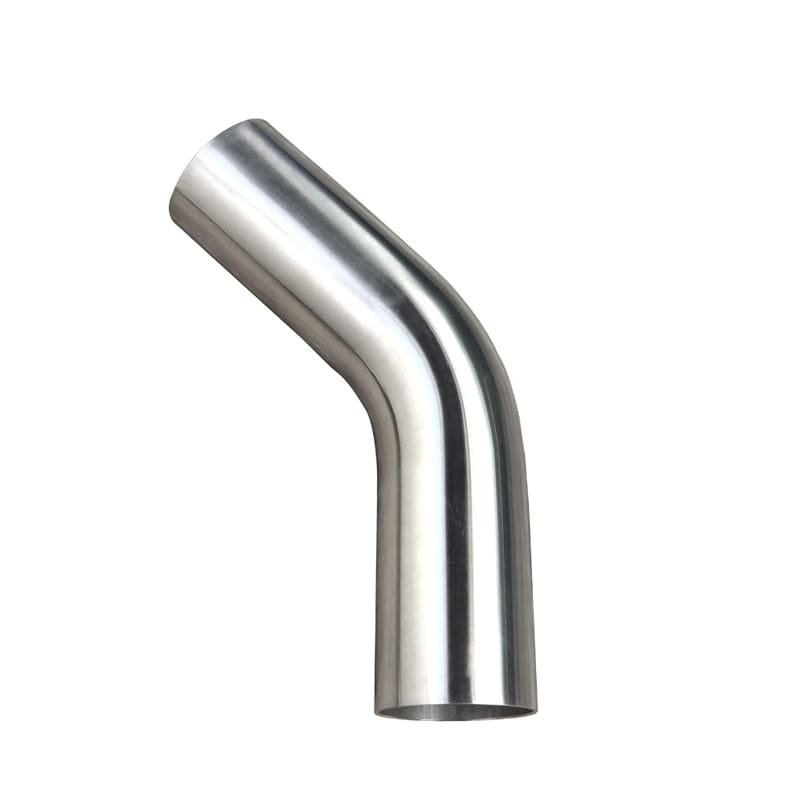Knowing which materials are compatible with silicone hoses is important when using them, especially in the automotive world. In this article, we’re going to talk about whether or not silicone hoses are oil-resistant and what other options you have.
Standard silicone hoses are not oil-resistant because silicone is a porous material that allows oil to penetrate. However, there are specially formulated FluoroSilicone hoses available that do not allow oil to penetrate the wall, making them suitable for oil applications.
Let’s dive into the properties and uses of silicone hoses, specifically in terms of how well they resist oil.
Can Silicone Hoses Be Used for Oil?
Silicone hoses are loved for their flexibility, heat resistance, and long life, which is why they’re so popular for use in cars and trucks, and in performance and industrial applications. But when it comes to oil, standard silicone hoses are not the best choice. The problem is that silicone is porous and oil can seep through the hose. This can lead to leaks and failures. That’s why you don’t want to use standard silicone hoses with oil.
Introduction to Fluorosilicone Hoses
Fluorosilicone hoses are designed to overcome the limitations of standard silicone hoses. They are made from a compound that combines the properties of silicone rubber with the chemical resistance of fluorocarbons. The result is a hose that remains flexible and heat resistant like silicone but is also impervious to oils and fuels. Fluorosilicone hoses are perfect for applications where oil resistance is critical, making them a great solution for both automotive and industrial use.
Alternative Solutions for Oil-Resistant Hoses
For applications that need oil resistance, you can consider several other materials:
- 1. Fluorosilicone Hoses: As we discussed earlier, these are great for oil and fuel resistance.
- 2. Nitrile Rubber (NBR) Hoses: NBR hoses are known for their excellent resistance to oils and fuels and are a cost-effective alternative.
- 3. Viton® Hoses: Made out of fluoroelastomer, these hoses offer outstanding chemical resistance, including oils and fuels.
Summary:
In summary, while regular silicone hoses won’t work with oil, fluorosilicone hoses are a great alternative. Knowing what you need for your application is important to make sure you get the best performance and longest life out of your hoses. Get the right hose and you won’t have any problems. Your system will work great and be reliable.





